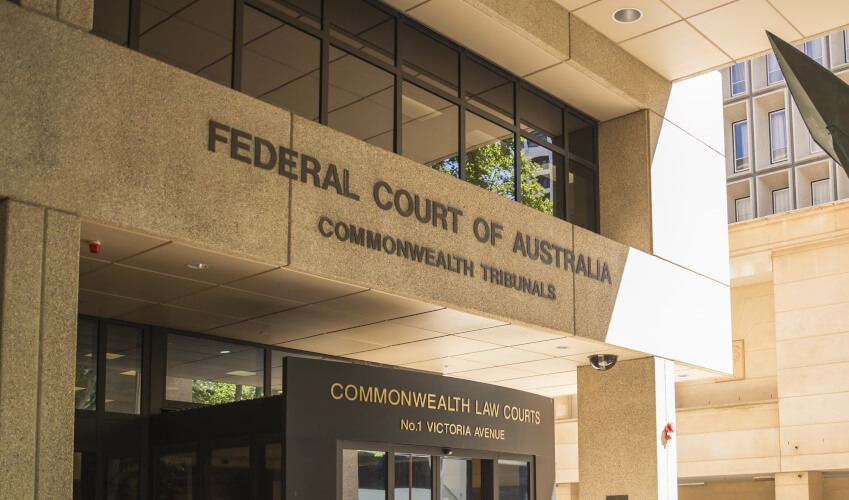Federal Court orders release of documents around bankrupt trustees’ assets
The Federal Court has made discovery orders around assets that two bankrupt SMSF trustees claim were held within their self-managed fund, after two of their creditors submitted that it was not clear from the documentation of the assets whether they were held by the fund or the trustees personally.
In Frigger v Trenfield (No 2) [2019], the court heard that Mr and Mrs Frigger were seeking declarations to the effect that two bank accounts, two properties and a portfolio of shares were assets of their SMSF, the Frigger Superannuation Fund.
Their two creditors, Mrs Trenfield and Mr Allen, were seeking discovery orders to allow further investigations into the origins of the funds in the accounts, as well as the ownership of the properties and share portfolio.
Based on evidence shared in the case, the two Bank of Queensland accounts Mr and Mrs Frigger were seeking to attach to the super fund had been held in their own names, and while they had attempted to change the account name through internet banking, correspondence from BOQ confirmed that the bank did not consider this the legal title of the account.
While the judge noted the couple were claiming the accounts had become assets of the SMSF “as a result of transactions by which the trustee of the trust exchanged other trust assets for [the two accounts]”, the origins of the funds transferred into the accounts were not clear, as Mr and Mrs Frigger acknowledged they regularly switched bank accounts to gain higher interest rates.
Evidence presented as to the ownership of two properties in Como and Bayswater was also unclear, with some statements pointing to Mr and Mrs Frigger as the legal owners and some their super fund.
The couple were not able to produce any evidence around the beneficial ownership of their CommSec share portfolio other than sworn affidavits that the shares were held by their SMSF.
As such, the judge found that discovery orders should be made for all documents pertaining to the assets by January 2020, as there was reason to believe that Mrs Frigger, an accountant who had said in one of her affidavits that she managed all of the records of the couple’s SMSF, might have more documents available than she had produced.
“I am satisfied that discovery of the documents will facilitate the efficient conduct of the proceedings, as they will permit the respondents to respond, in a way informed by the documentary evidence, to the applicants’ position on that issue,” Judge Jackson J said.
“If documents in those categories are not discovered, on the state of evidence as I have described it, both the respondents and the court may not be satisfied that the funds are trust funds.”








